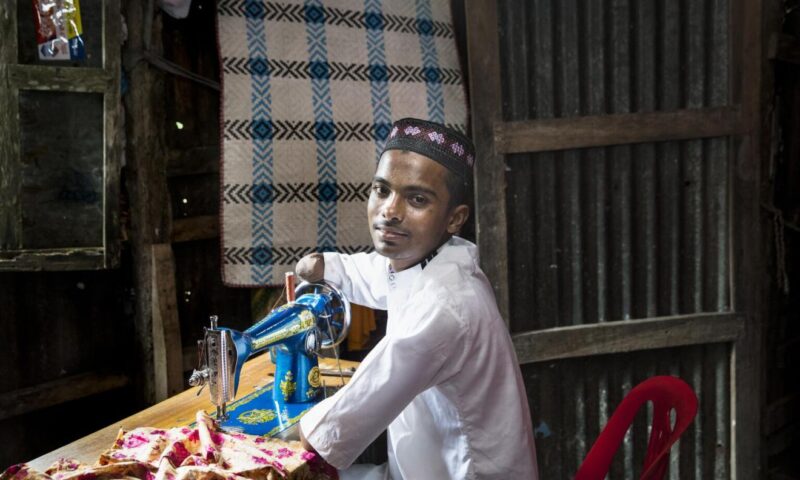
An estimated 1 billion people – about 15% of the world’s population – are living with disabilities, and their exclusion has worsened during the global COVID-19 crisis. It is imperative that persons with disabilities do not remain excluded from the work of reconstructing societies.
The United Nations is committed to realizing the full inclusion of persons with disabilities in all areas of life. The International Day of Persons with Disabilities is an opportunity to reaffirm our commitment to build a sustainable, inclusive and just future for everyone, leaving no one behind.
The annual observance of the International Day of Disabled Persons was proclaimed in 1992 by United Nations General Assembly resolution 47/3. It aims to promote the rights and well-being of persons with disabilities in all spheres of society and development, and to increase awareness of the situation of persons with disabilities in every aspect of political, social, economic and cultural life.
Building on many decades of UN’s work in the field of disability, the Convention on the Rights of Persons with Disabilities (CRPD), adopted in 2006, has further advanced the rights and well-being of persons with disabilities in the implementation of the 2030 Agenda for Sustainable Development and other international development frameworks,
The Convention (Article 9, accessibility) seeks to enable persons with disabilities to live independently and participate fully in all aspects of life and development. It calls upon States Parties to take appropriate measures to ensure that persons with disabilities have access to all aspects of society, on an equal basis with others, as well as to identify and eliminate obstacles and barriers to accessibility.
This year, the theme of the International Day is “Leadership and participation of persons with disabilities toward an inclusive, accessible and sustainable post-COVID-19 world.”
Learn more about the 2021 International Day of Persons with Disabilities (IDPD).
Source: UN DESA
 Welcome to the United Nations
Welcome to the United Nations